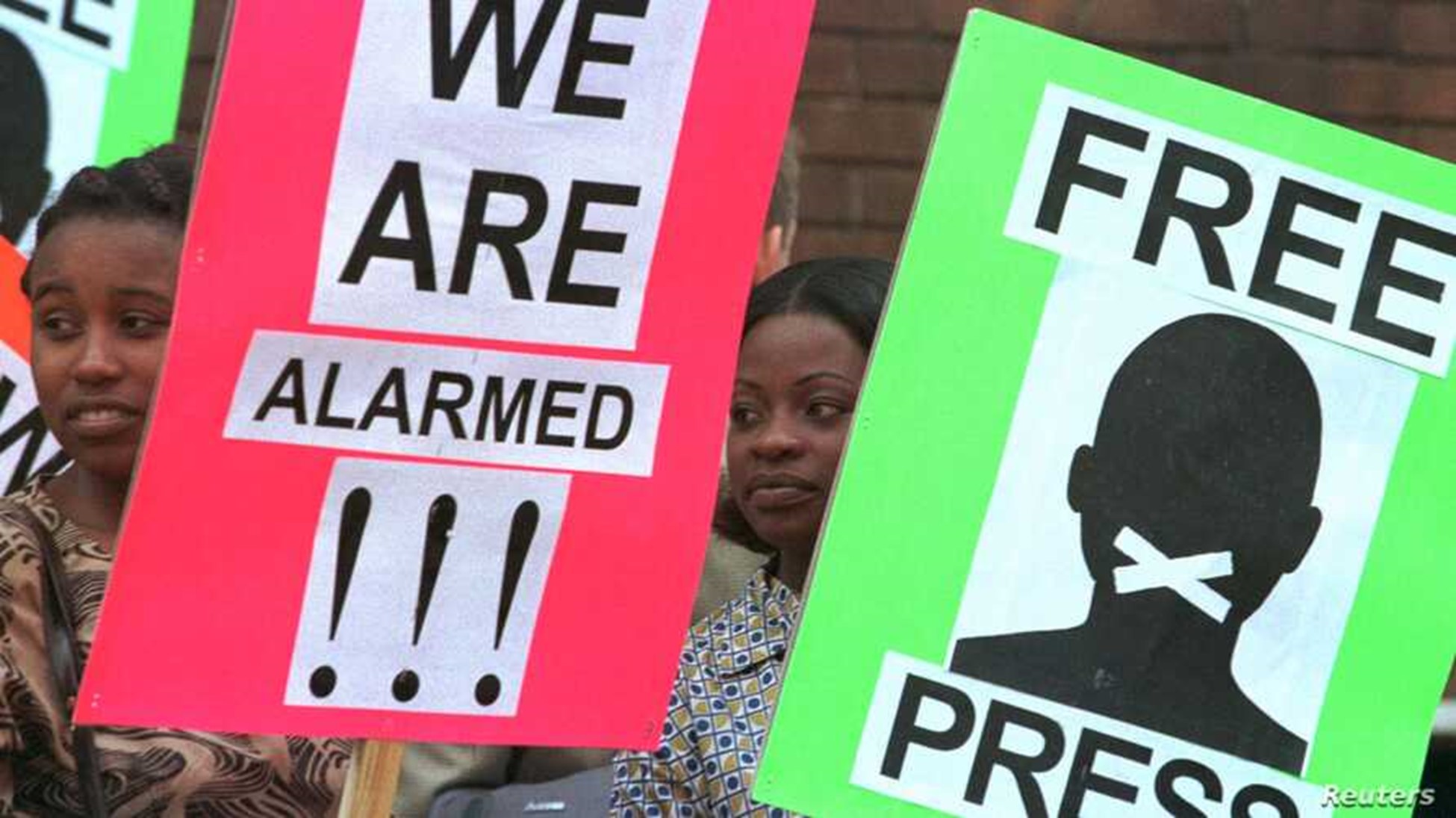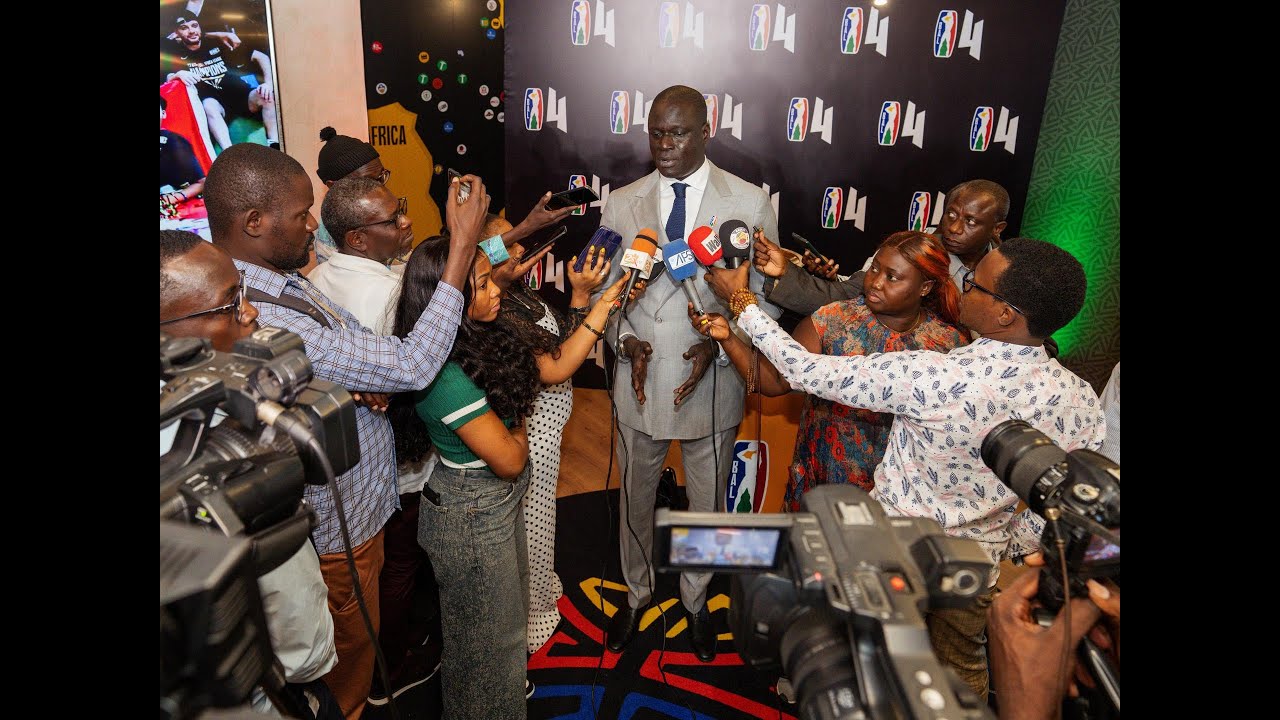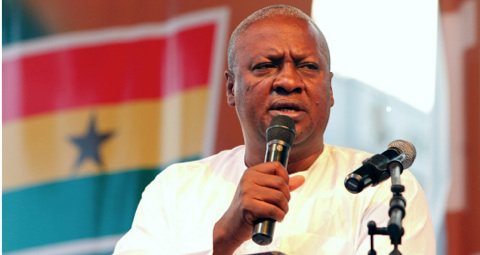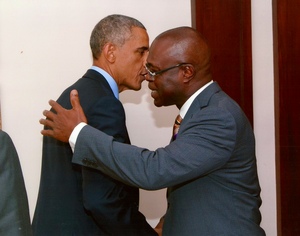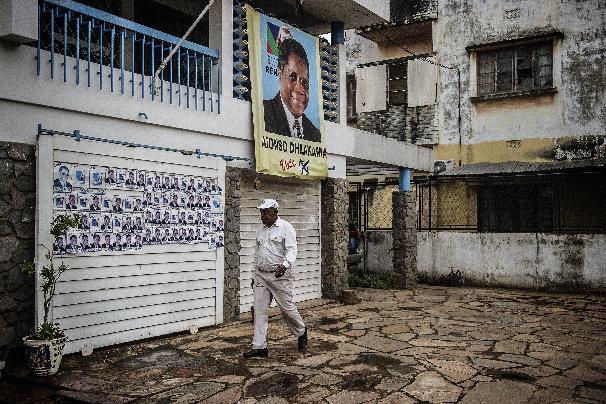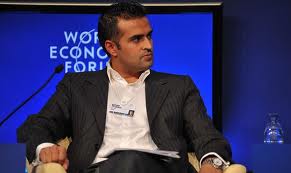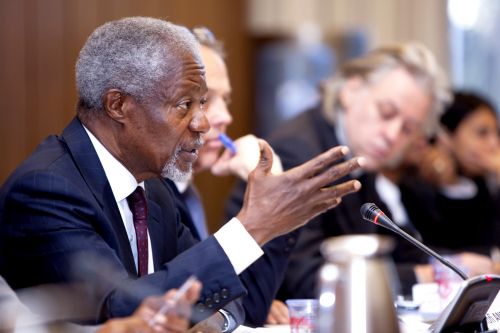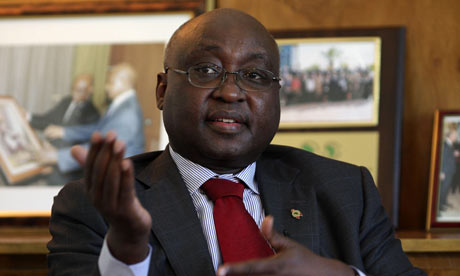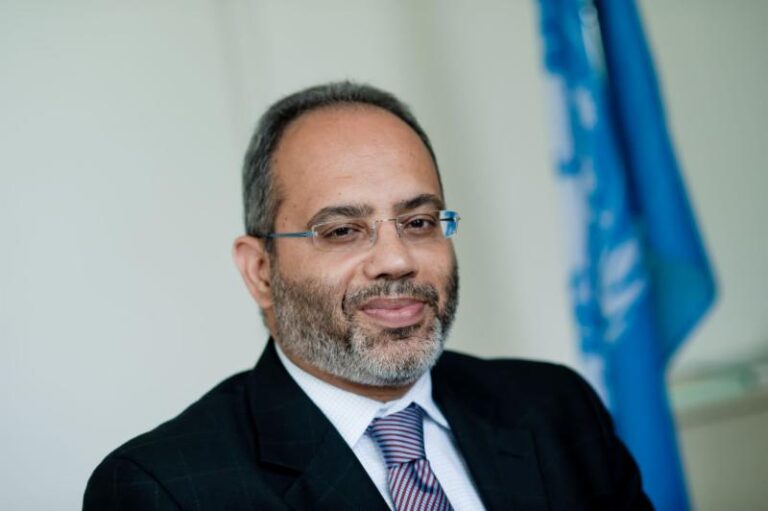Ghana: Mahama looking for cash
October 22, 2014 Billie Adwoa McTernan* Despite growing oil and gas production, economic troubles dominate. [caption id="attachment_13206" align="alignleft" width="480"] PRESIDENT OF GHANA, JOHN MAHAMA. PHOTO©REUTERS[/caption] As veteran finance minister Kwesi Botchwey prepared to lead Ghana's delegation for negotiations with the IMF on an economic reform package in mid-September, President John Dramani Mahama was insisting the government was not looking for a short-term fix to the budget deficit. Rather, he said, the IMF talks were about wider economic restructuring and reforming institutions, not simply a bailout. Mahama told reporters: "My eye is beyond 2016. The transformation agenda cannot be achieved in two years, and so any actions we'll start with regards to negotiations with the IMF will go beyond the election cycle." Whatever Mahama thinks about the value of the IMF deal, senior officials in his party have their eyes overwhelmingly on the 2016 elections. The first two years have been something of a roller-coaster for Mahama's presidency. "Following the supreme court ruling [which confirmed Mahama's 2014 election victory], those who support this administration had a renewed confidence in their party and the president," says Ransford Gyampo, a research fellow at the Institute of Economic Affairs. "But, generally, I think that their confidence level is dwindling because of the precarious economic circumstances." Institutional failing Criticism has been growing, and not just from civic activists and opposition parties. "What makes these [economic] challenges worse is that there is also the prevalence of corruption, and Ghanaians are not seeing much being done to deal with the canker," says Gyampo. Ken Ofori-Atta, executive chairman of financial services company Databank and member of the opposition New Patriotic Party (NPP), tells The Africa Report: "I think one of our major failings is institutional [...] the strength of the auditor general, the accountant general, the ministries, the strength of the Bank of Ghana." Scepticism abounds about the IMF's role in Ghana. The government of President Jerry John Rawlings axed tens of thousands of civil service jobs in the 1980s and 1990s when it secured a series of loans from the IMF and the World Bank. Some argue the Mahama government wanted the IMF imprimatur before it went to the market to float a $1bn eurobond in September. There are now concerns about how that $1bn will be used. Ofori-Atta says he is worried about the signals a new IMF deal will send: "When you see a bunch of students that are unable to discipline themselves, you do need a teacher in there. It's a very sour pill to swallow." Although Mahama has been talking up economic transformation and local content, Ofori-Atta says the policy mix has to be changed: "We need to come up with some tax reduction mechanism for industry so that we can boost it and create a special fund for industry. With the lack of reinvestments and lack of enthusiasm, people are moving away from manufacturing."● *Source The African Report]]>
PRESIDENT OF GHANA, JOHN MAHAMA. PHOTO©REUTERS[/caption] As veteran finance minister Kwesi Botchwey prepared to lead Ghana's delegation for negotiations with the IMF on an economic reform package in mid-September, President John Dramani Mahama was insisting the government was not looking for a short-term fix to the budget deficit. Rather, he said, the IMF talks were about wider economic restructuring and reforming institutions, not simply a bailout. Mahama told reporters: "My eye is beyond 2016. The transformation agenda cannot be achieved in two years, and so any actions we'll start with regards to negotiations with the IMF will go beyond the election cycle." Whatever Mahama thinks about the value of the IMF deal, senior officials in his party have their eyes overwhelmingly on the 2016 elections. The first two years have been something of a roller-coaster for Mahama's presidency. "Following the supreme court ruling [which confirmed Mahama's 2014 election victory], those who support this administration had a renewed confidence in their party and the president," says Ransford Gyampo, a research fellow at the Institute of Economic Affairs. "But, generally, I think that their confidence level is dwindling because of the precarious economic circumstances." Institutional failing Criticism has been growing, and not just from civic activists and opposition parties. "What makes these [economic] challenges worse is that there is also the prevalence of corruption, and Ghanaians are not seeing much being done to deal with the canker," says Gyampo. Ken Ofori-Atta, executive chairman of financial services company Databank and member of the opposition New Patriotic Party (NPP), tells The Africa Report: "I think one of our major failings is institutional [...] the strength of the auditor general, the accountant general, the ministries, the strength of the Bank of Ghana." Scepticism abounds about the IMF's role in Ghana. The government of President Jerry John Rawlings axed tens of thousands of civil service jobs in the 1980s and 1990s when it secured a series of loans from the IMF and the World Bank. Some argue the Mahama government wanted the IMF imprimatur before it went to the market to float a $1bn eurobond in September. There are now concerns about how that $1bn will be used. Ofori-Atta says he is worried about the signals a new IMF deal will send: "When you see a bunch of students that are unable to discipline themselves, you do need a teacher in there. It's a very sour pill to swallow." Although Mahama has been talking up economic transformation and local content, Ofori-Atta says the policy mix has to be changed: "We need to come up with some tax reduction mechanism for industry so that we can boost it and create a special fund for industry. With the lack of reinvestments and lack of enthusiasm, people are moving away from manufacturing."● *Source The African Report]]>
Pan African VisionsA Private Meeting with President Obama to Discuss ISIS and Boko Haram
October 22, 2014 Prev Pan African VisionsInternational military observers to deploy in Mozambique
October 23, 2014 Next Related Articles
 Pan African Visions August 29, 2013
Pan African Visions August 29, 2013  Pan African Visions November 14, 2013
Pan African Visions November 14, 2013  Pan African Visions July 21, 2022
Pan African Visions July 21, 2022  Pan African Visions May 10, 2013
Pan African Visions May 10, 2013  Pan African Visions November 17, 2013
Pan African Visions November 17, 2013  Pan African Visions June 25, 2013
Pan African Visions June 25, 2013  Pan African Visions September 30, 2014
Pan African Visions September 30, 2014  Pan African Visions February 13, 2021
Pan African Visions February 13, 2021 ![]() Pan African Visions May 28, 2016
Pan African Visions May 28, 2016 ![]() Pan African Visions January 26, 2017
Pan African Visions January 26, 2017 

